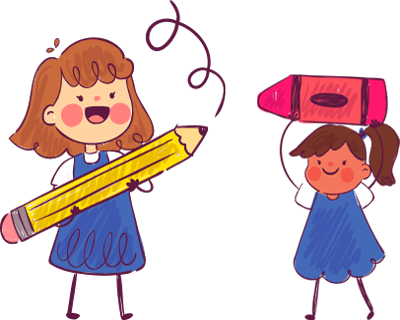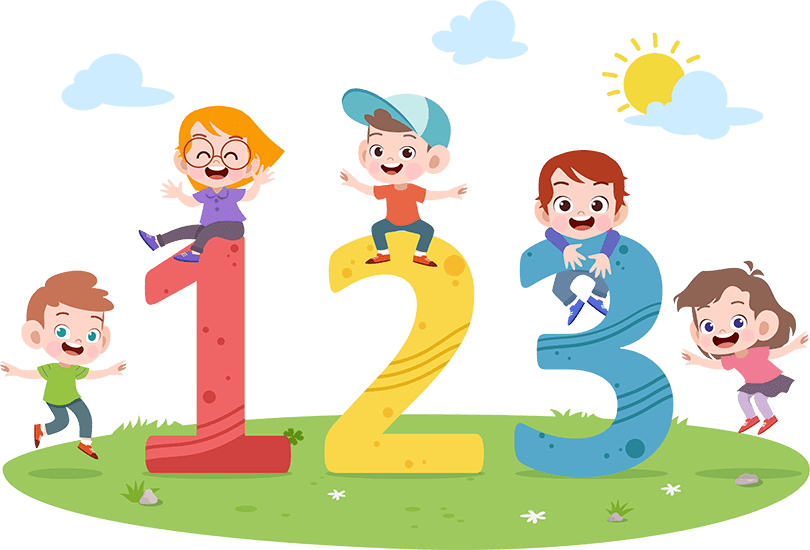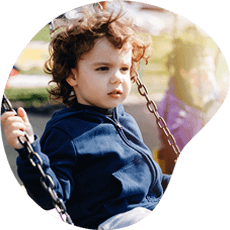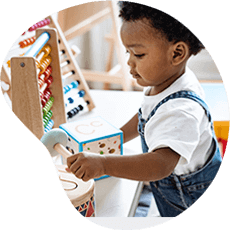Why Delma Nursery?
"When you teach a child something you take away forever his chance of discovering it for himself." - Jean Piaget.
At Delma Nursery, we follow a community-based and child-centric approach where we focus on helping the child achieve their developmental milestones by collaborating with parents. We focus on building every child’s personality by equipping them with skills that makes them independent and confident members of society. To do this, we provide children with a safe, secure and stimulating environment where children build self esteem and develop problem solving skills through structured play.
Our Nursery practitioners act as facilitators in every child’s growth, giving them the freedom to decide what, how and when to learn.
-
1
Homelike Environment
-
2
Quality Educators
-
3
Safety and Security
-
4
Play to Learn

























